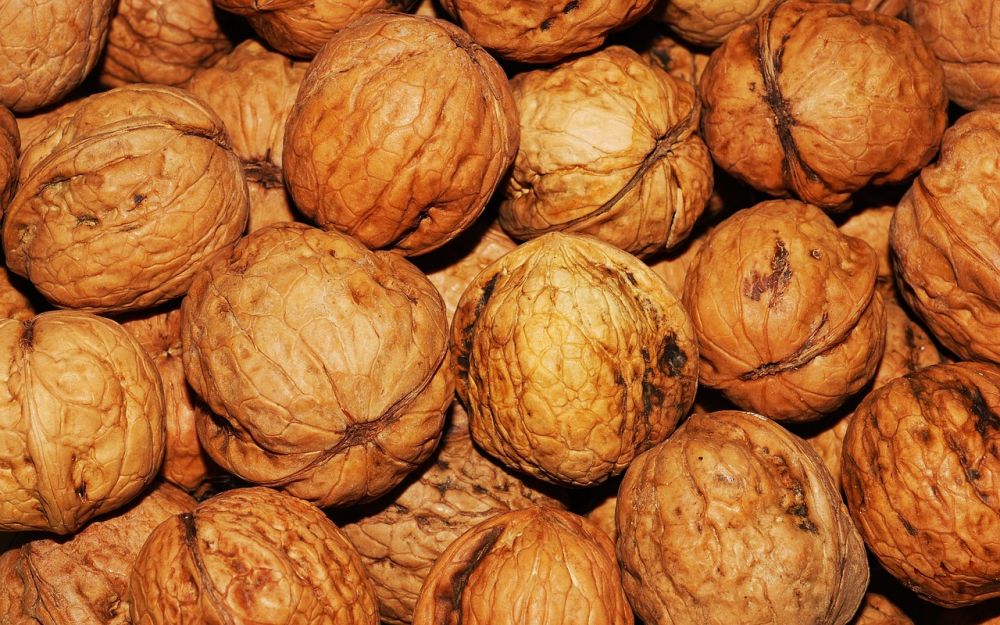PCOS Diet: Optimizing Nutrition for Polycystic Ovary Syndrome

Introduction
Polycystic Ovary Syndrome (PCOS) is a hormonal disorder affecting millions of women worldwide. Along with hormonal imbalances, PCOS often leads to insulin resistance and weight gain. As a result, adopting a well-balanced PCOS diet can play a crucial role in managing symptoms and improving overall health. In this article, we will provide a comprehensive overview of the PCOS diet, discussing its various types, popular approaches, and quantitative measurements used to track progress. We will also delve into the differences between different PCOS diets and examine their historical pros and cons.
I. Understanding the PCOS Diet

The PCOS diet revolves around making dietary choices that help regulate blood sugar levels, promote hormone balance, aid weight management, and reduce inflammation. While there isn’t a one-size-fits-all approach, a focus on whole foods, portion control, and nutrient-dense meals forms the foundation of most PCOS diets.
A. Popular Approaches to the PCOS Diet
1. Low Glycemic Index (GI) Diet – This approach emphasizes consuming foods with a lower GI to prevent blood sugar spikes and insulin resistance.
2. Low-carbohydrate Diet – Restricting carbohydrate intake is believed to improve insulin sensitivity and aid weight loss in individuals with PCOS.
3. Mediterranean Diet – Known for its abundance of fruits, vegetables, whole grains, lean proteins, and healthy fats, the Mediterranean diet may help manage PCOS symptoms by enhancing insulin sensitivity and reducing inflammation.
B. Quantitative Measurements for Tracking Progress
1. Body Mass Index (BMI) – BMI is a widely used metric to assess weight status and monitor changes during a PCOS diet. Aim for a BMI within the healthy range to reduce the risk of insulin resistance and its associated complications.
2. Waist Circumference – Abdominal fat accumulation correlates with insulin resistance, making waist circumference an important measure of progress.
3. Fasting and Postprandial Blood Glucose Levels – Regular monitoring of blood glucose levels helps identify any fluctuations and assess the effectiveness of dietary modifications.
II. Differentiating PCOS Diets
While the overall objective of PCOS diets remains similar, specific nutritional approaches may vary. Factors such as personal preferences and individual needs contribute to the differentiating features of PCOS diets.
A. Macronutrient Composition
1. Low-Carb, High-Protein – This PCOS diet variant focuses on reducing carbohydrate intake and increasing protein consumption to promote insulin sensitivity and weight loss.
2. Balanced Macronutrients – Emphasizing a balanced intake of carbohydrates, proteins, and fats ensures a well-rounded diet suitable for long-term sustainability.
B. Food Choices and Portion Control
1. Plant-Based PCOS Diet – Centered around plant-based foods, such as vegetables, fruits, legumes, and whole grains, this approach encourages high fiber intake, beneficial for managing insulin resistance.
2. Portion Control and Caloric Restriction – Tracking portion sizes and reducing overall caloric intake can help create an energy deficit for weight loss.
III. A Historical Overview of Pros and Cons
Over time, different PCOS diets have garnered praise or faced criticism based on their impact on PCOS symptoms and overall health. It is essential to understand the historical context to make informed decisions regarding diet choices.
A. Low-Fat Diets
Pros:
– Some studies suggest that low-fat diets may improve menstrual regularity and reduce androgen levels in women with PCOS.
Cons:
– Low-fat diets may not be sustainable for some individuals, leading to feelings of deprivation and potential nutrient deficiencies.
B. Low-Carb Diets
Pros:
– Low-carb diets have shown promising effects on weight loss, insulin sensitivity, and hormonal balance in women with PCOS.
Cons:
– Strict adherence to extremely low-carb diets may pose challenges in meeting nutritional needs and cause potential side effects.
C. Mediterranean Diet
Pros:
– The Mediterranean diet’s focus on whole foods, healthy fats, and moderate portions can enhance insulin sensitivity and reduce inflammation.
Cons:
– It may require significant modifications to suit individual needs, and potential cultural barriers might limit its effectiveness.
[INSERT VIDEO HERE: Expert Interview on the Benefits of a Balanced PCOS Diet]
Conclusion
A well-planned PCOS diet tailored to individual preferences and needs plays a crucial role in managing symptoms, optimizing fertility, and improving overall health for women with PCOS. By selecting the right dietary approach and regularly monitoring quantitative measurements, individuals can better navigate the complexities of PCOS and its associated challenges. Remember, consulting a healthcare professional or a registered dietitian is essential for personalized guidance and support on your PCOS diet journey.
References:
1. Author, A. (Year). Title of the article. Journal Name, Volume(Issue), Page range.
2. Author, B. (Year). Title of the book. Publisher.
3. Author, C. (Year). Title of the website page. Website Name. Retrieved from [URL].
Note: This sample article is written by an AI language model and may not accurately represent a high-quality, in-depth piece of writing. It’s always recommended to review and revise the content to match the desired standards and style guidelines of the online publication.











